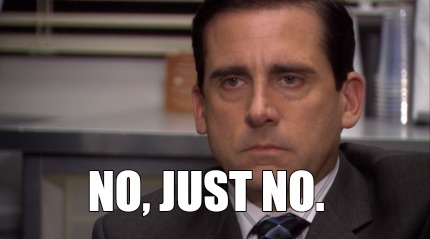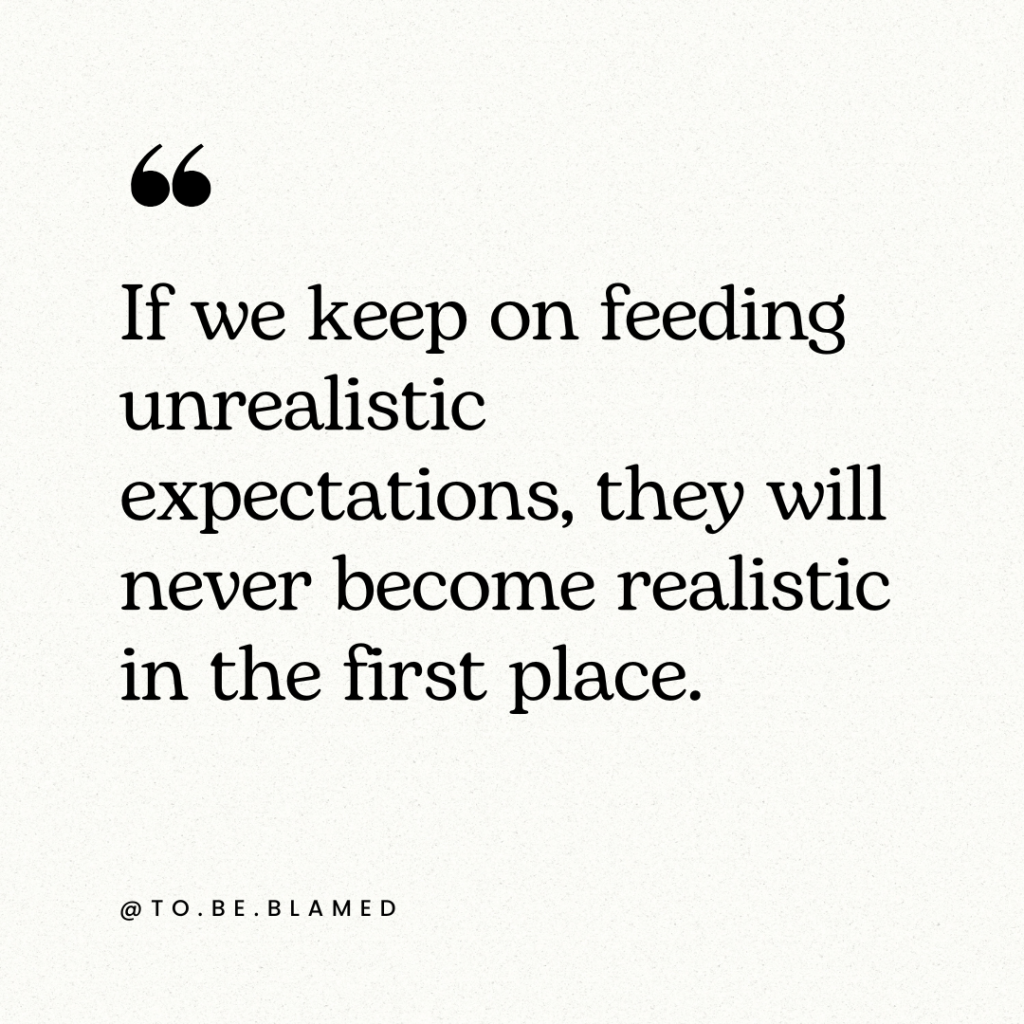Ah No! That little word we learn around when we are 2 years old and are told by our parents that we are just a terrible 2.
Yet it’s such a powerful word despite having negative connotations and one we need to re-learn how to use all over again. Go in front of the mirror and practice with me: No. Not a but, not a maybe, just a No.
But why is it so hard to say no?
Let’s face it, we are people pleasers. We evolved by being next to others, having each others backs against predators or other enemies. Belonging to a community was part of our survival, it’s wired in our brains. So it’s not easy. Worst of them all is to say no when everyone around you says yes.
Say you get a request on a friday night to work over the weekend, if the first person of the team says yes, that’s it, the rest of you will feel cornered into pulling one for the team. You don’t want to be the one saying no, unless it’s something really major like a family funeral or your kids birthday. All of you will be upset about it, because who loves being called last minute to work when you were planning to rest? Even if you had no plans at all, well there’s one you didn’t had: work!
We avoid hard conversations – and that includes saying no – because we don’t like conflict. It’s not comfortable and we want to belong. Many of us all assume – with some evidence – that if you say no you are limiting yourself in your career growth. What if it’s not quite like that? What if you might end up being respected for it?
Establishing boundaries
The first step is to recognize what your boundaries are. What are your non compromisable slots / actions? Is it that you want to take the kids to school or want to start your day with some exercise? Or rather that after 17h30 you really need to spend time with your family, cook dinner and eventually unwind yourself? Just identify what those are and a) add them in your calendar and b) communicate to those that could impact them what they are.
The more specific you are the better, e.g. every weekday I want to run from 07h to 08h and that includes any prep time before / after running. Or maybe it’s not every day and just tuesdays and thursdays.
Communicate, communicate, communicate
Trust me, you cannot rely on common sense for people to know what your boundaries are. I guess whereas everyone can accept that being called at 03a.m, 07a.m might be ok for some but not for others. So the key here is to communicate. Be as clear and assertive as you can regarding your boundaries. This is valid with your family, friends and at work too.
Work wise, this would be a really good topic for your 1 on 1 with your line manager. If you don’t have them, then start to schedule them. If you receive requests which you don’t like, the fault is not only on the requestor but also on you for not making it clear what’s acceptable and what’s not. Most companies will have a code of conduct, and in some countries even specific laws (like in France, where it’s against the law to call employees after hours (here) – we seriously have a lot to learn from them). But as we are all unique, so our boundaries. So if you want to avoid disappointment and high levels of stress I would make them all clear.
I would go as far as also share them with your colleagues, in the coffee break you can say how taking your kids to school really makes you happy and it’s a non compromisable slot for you, or playing football with your friends thursday night. If you are willing to share them, you will find others will too, in turn making it easier for you guys to protect each other. Ah I won’t book that call with Steve as it’s thursday and he’s going to football, lets do friday morning instead.
Don’t be afraid to say No
For every yes you say, it’s a sequence of No’s you are saying. If you stay late in the office you will miss dinner with your family and your rest. Is it something you are willing to “sacrifice”? Yes it’s nice to say yes to people, it feels good as just discussed but how bad does it feel when you compromise your boundaries and over time, might end up with burnout due to saying yeses to everyone but to yourself?
So don’t be afraid to say no.

Say No is one of the best tools for self-care. Is it against one of your boundaries? Then say No. If you’ve invested the time in communicating what is not compromisable, then saying no should be a lot easier. Yes there might be the odd exception when you might end up saying yes, but it can’t be the rule.
Someone who has the courage to say no will be respected, because we ALL struggle with it after all. Your line manager has the same problem too, believe me. We all do. So if you say no and it’s clear you are doing so to protect your boundaries, you will be respected. If they still argue that you have to do x, y and z and don’t respect you, then it’s really time for you to find some other place. Most people though, would understand and be able to find a compromise somewhere.
I have to admit I’m really with Gen Z on this one. We just keep on saying yes again and again, and in turn we are boiling like our friend the frog in the pan. It’s hard, it’s itchy but if you don’t protect yourself no one will. There will always more work, more to do’s that demand your time and attention. How much are you willing to sacrifice from your mental health just so you don’t have to say no?
I do believe in the power of every single no. It will protect you and others will be encourage to do the same. Maybe it will shift organizations to understand that we are not robots and if they expect excellence and delivery they have to respect the employees too. If you are exhausted and in burnout you cannot give your best self nor resolve problems. You might break to the point of no return and might not even get a thank you back. So yes give your best, feel proud of your achievements every day but don’t forget to take care of yourself, even if that means using a good old fashioned: NO.











